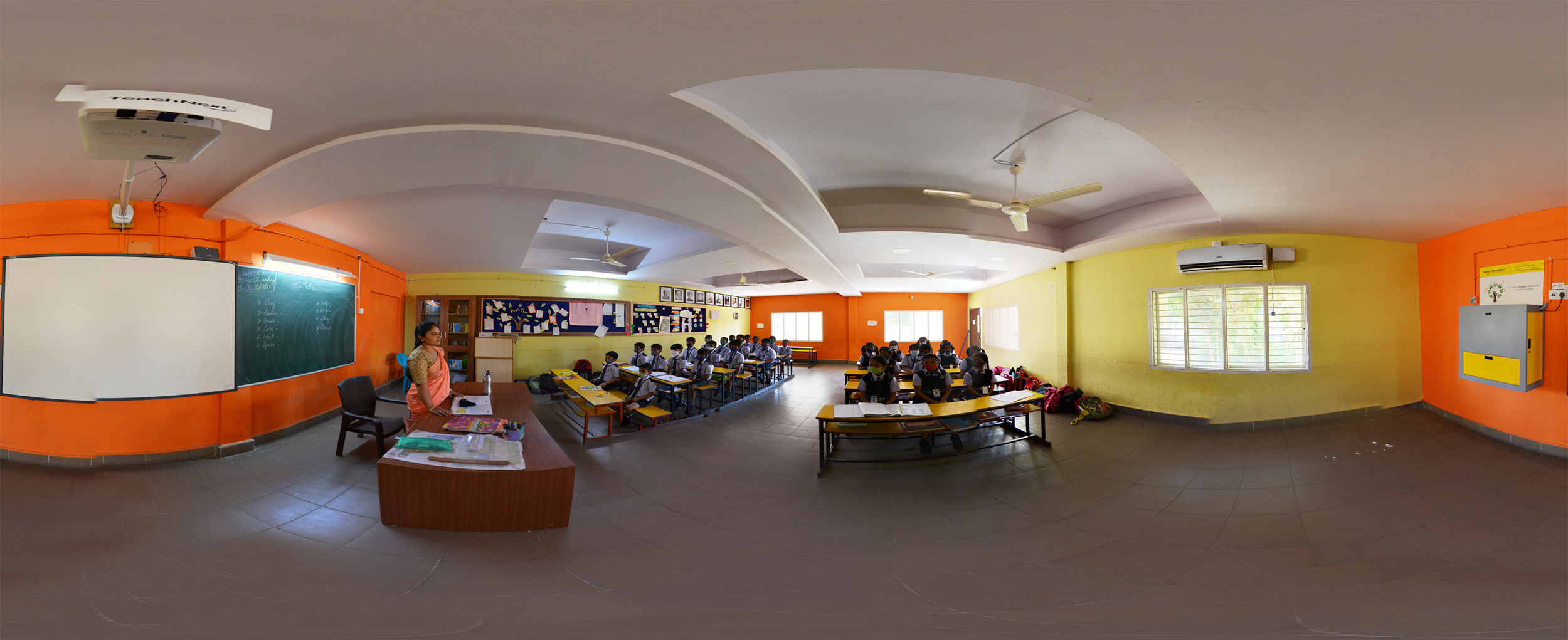D.A.V. Public School is special because
We have small, well-staffed classes
We have a happy, ‘family’ atmosphere.
We focus on the individual needs of each pupil.
We have an expert, experienced and dedicated staff team.
We have a Values-Based curriculum.
We provide high quality learning and teaching opportunities including Learning Outside the Classroom webbed with spiritual teaching of Indian values, culture and traditions.
Our main aim is to raise our pupils’ self confidence and self-esteem as to become good citizens and human beings in this great world.
The D.A.V. Public school aims may be summarised as follows:
- To enable our pupils to become values-led Indian citizens who contribute to wider society
- To set Achievable expectations for the academic, social and personal development of all members of the school community within a supportive, caring, safe, challenging, friendly and inspiring learning environment, in which every individual can meet their full potential.
- To develop in pupils social, moral, spiritual and cultural attributes helping them towards a happy and successful adult life.
- To teach pupils essential communication, literacy, numeracy, life and vocational skills, helping them towards a meaningful and independent adult life.
- To develop an interest in, and motivation for lifelong learning.
- To enable pupils to develop their independent, collaborative and creative skills.
- To raise self-esteem and confidence, and to empower pupils to become valued and valuable members of the community, both local and global.
- To ensure positive partnerships with families based on mutual trust and respect.
PRINCIPLES OF D.A.V PUBLIC SCHOOL CURRICULUM
The D.A.V PUBLIC SCHOOL Curriculum gets its lead from National Curriculum Framework (NCF 2005) The paramount guiding principles as proposed by NCF-2005 are connecting knowledge to life outside the school, ensuring that learning is shifted away from rote methods, enriching the curriculum to provide for overall development of children rather than remain textbook centric, making examinations more flexible and integrated into classroom life and, nurturing an over-riding identity informed by caring concerns within the democratic polity of the country.
According to NCF 2005 the greatest national challenge for education is to strengthen our participatory democracy and the values enshrined in our Constitution. Meeting this challenge implies that we make equality and social justice the central theme of curricular reform. Citizenship training has been an important aspect of formal education. Today, it needs to be boldly reconceptualised in terms of the discourse of universal human rights and the approaches associated with critical pedagogy. A clear orientation towards values associated with peace and harmonious coexistence is not only desirable but also essential. Quality in education includes a concern for quality of life in all its dimensions. This is why a concern for peace, protection of the environment and a predisposition towards social change must be viewed as core components of quality, not merely as value premises.
